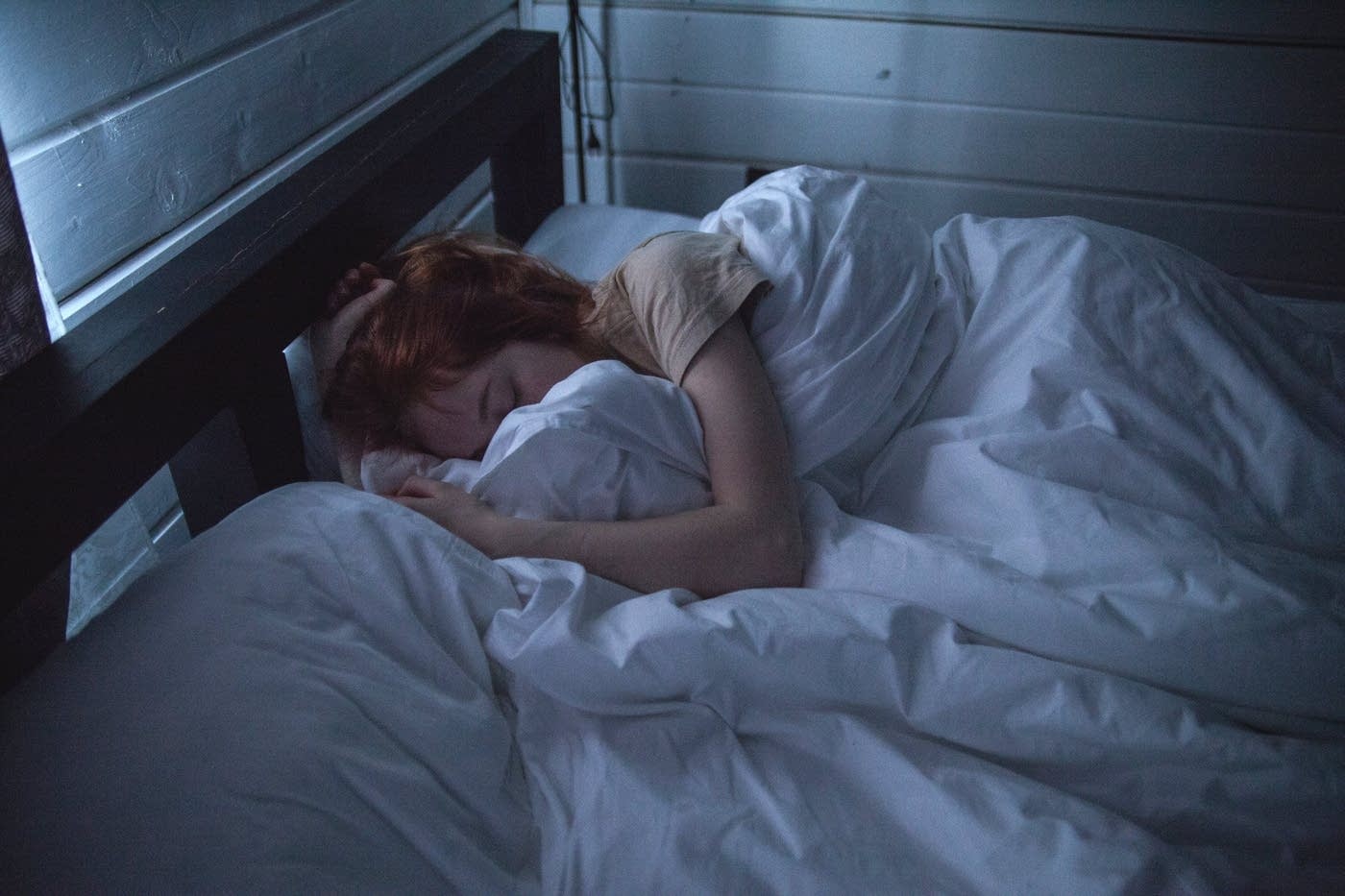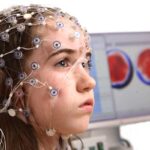Researchers at the University of British Columbia (UBC) found that people who tend to have a shorter sleep at night are at a higher likelihood to react more emotionally to stressful events the next day.
As released in the journal Health Psychology, the new study utilized data of nearly 2,000 participants based in the United States. From this data, researchers evaluated each participant’s sleep duration and response to negative and positive situations the following day.
The participants engaged in daily telephone interviews to assess their sleep duration and any abnormal experiences they may have had the previous night.
According to the findings, the UBC research team concluded the following, “When people experience something positive, such as getting a hug or spending time in nature, they typically feel happier that day. But we found that when a person sleeps less than their usual amount, they don’t have as much of a boost in positive emotions from their positive events.”
The participants who had less sleep responded to stressful events with a heightened loss of positive emotions, researchers indicated. Such implications may result in the development of serious health concerns and so the findings showcase the significance of prioritizing sleep for better long-term health.
“A large body of research has shown that inadequate sleep increases the risk for mental disorders, chronic health conditions, and premature death,” said Nancy Sin, co-author of the study, in a news release.
“My study adds to this evidence by showing that even minor night-to-night fluctuations in sleep duration can have consequences in how people respond to events in their daily lives.”


